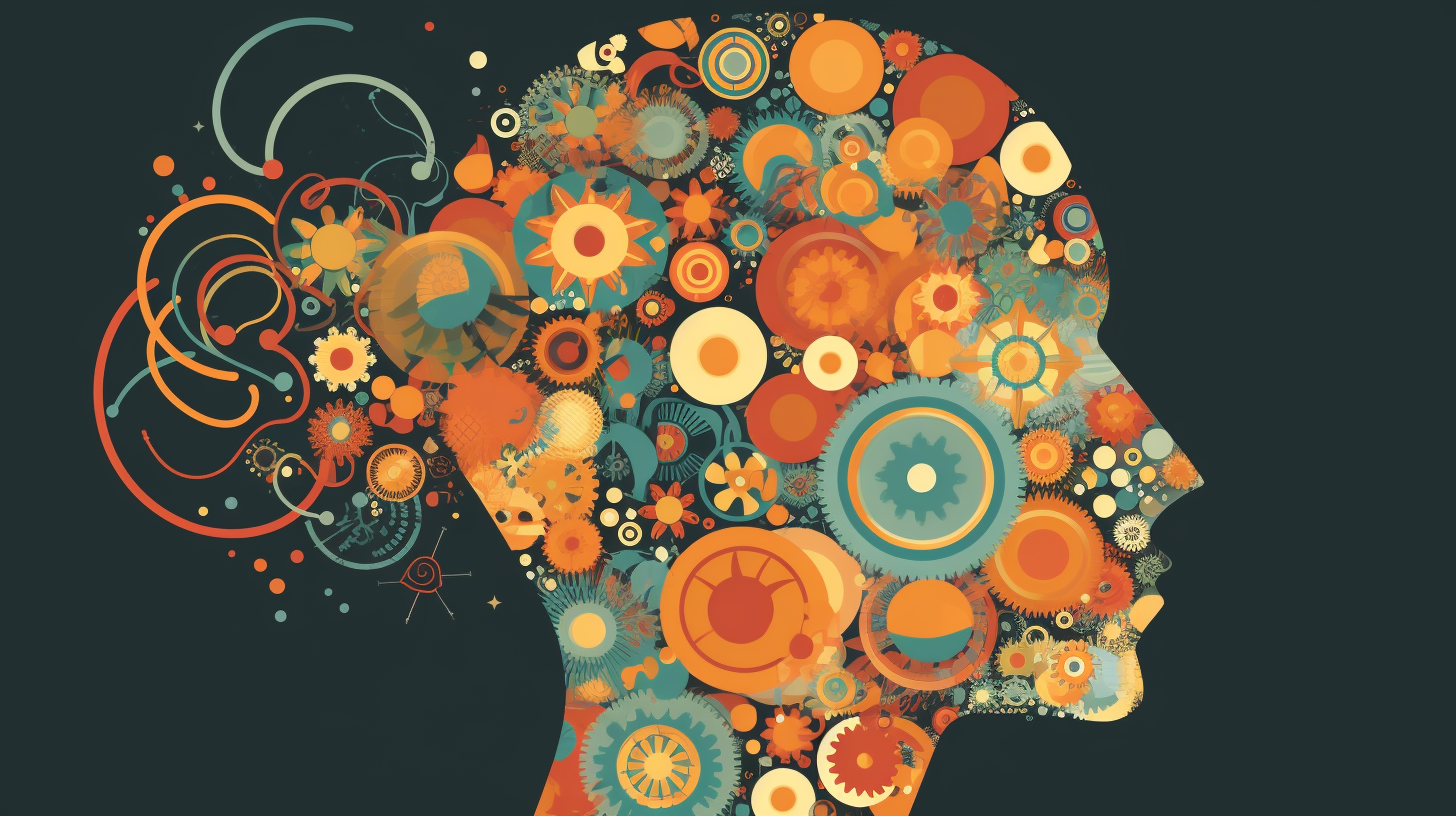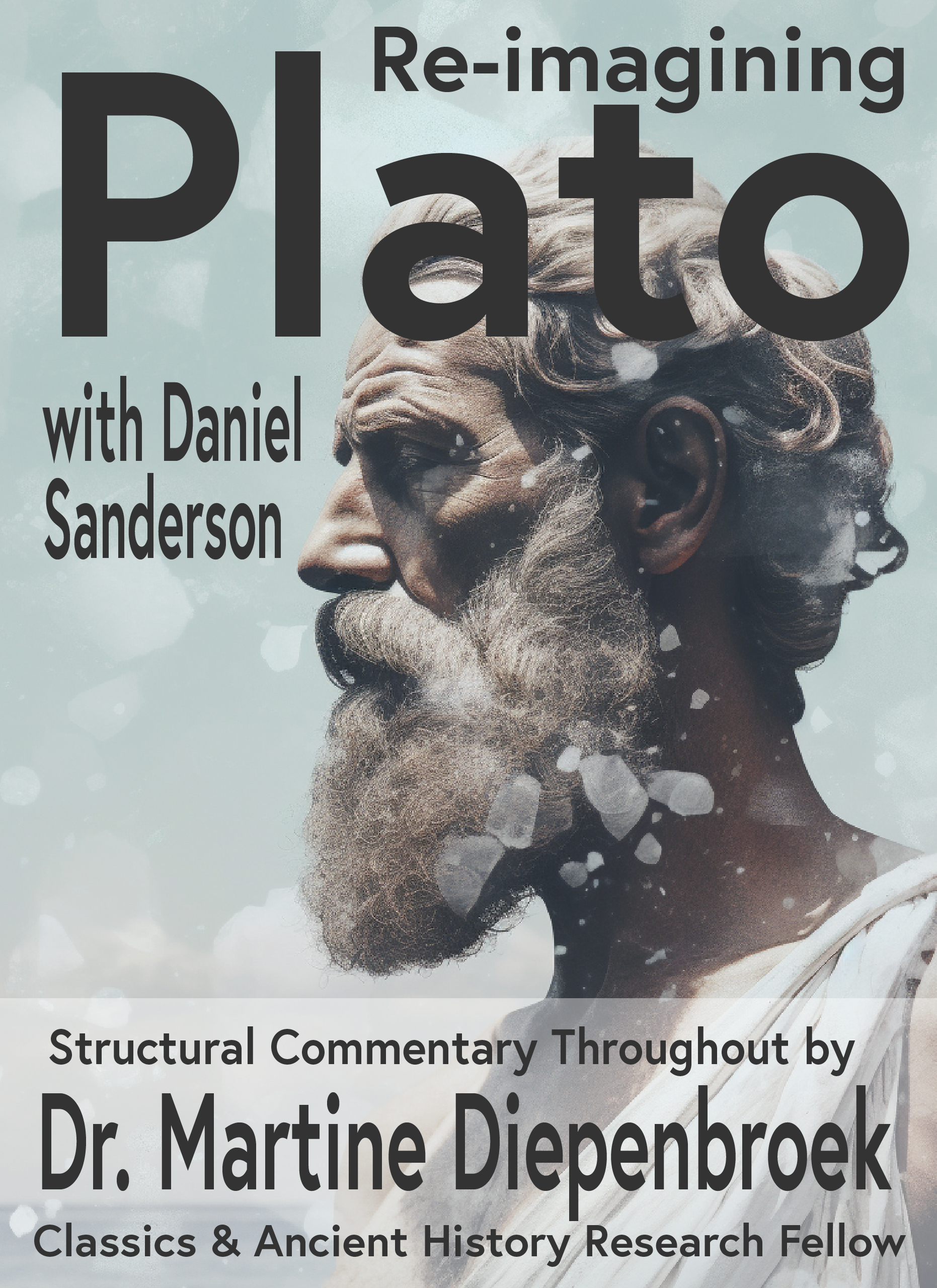The Psychology of Consumer Behavior: Understanding Motivations and Decisions
Many assumptions and misconceptions in consumer behaviour permeate our understanding of human motivations and decisions. This article aims to dissect the fallacies that underpin the field of consumer psychology, exposing the illusions created by an industry hell-bent on manipulating our desires. By critically examining conventional wisdom and drawing upon historical references, we will uncover the insidious mechanisms that drive consumer behaviour, challenging the very foundations of our capitalist society.
The Birth of Desire:
Consumer behaviour experts often claim that our desires and motivations stem from a complex interplay of biological, psychological, and social factors. While there may be some truth to this assertion, it conveniently ignores the pivotal role of marketing and advertising in shaping our desires. Historical references teach us that the birth of desire as a commodity can be traced back to the emergence of mass media in the 20th century. Edward Bernays, the nephew of Sigmund Freud and the father of modern public relations, understood the power of manipulating human desires for the benefit of the ruling class. Through carefully crafted campaigns, he linked consumption to happiness and created a culture of materialistic worship that persists.

The Illusion of Choice:
Central to consumer behaviour is the belief that individuals make rational decisions based on a thorough evaluation of available options. However, a closer examination reveals that the illusion of choice masks a system heavily skewed in favour of corporations and their profit-driven agendas. The capitalist machinery has perfected the art of presenting an illusion of diversity and individuality while subtly channelling us toward predetermined choices. A prime example is the phenomenon of "brand loyalty," where consumers form emotional attachments to specific products, often transcending rationality. This loyalty is skillfully cultivated through strategic marketing, creating a false sense of identity tied to material possessions.
The Propaganda of Consumerism:
To truly understand the psychology of consumer behaviour, we must acknowledge the profound influence of propaganda and the art of manufacturing consent. Drawing from the works of intellectuals such as Noam Chomsky, we can discern the parallel between political propaganda and the mechanisms employed by consumer culture. Both systems rely on manipulating information, emotions, and desires to shape our perceptions and choices. The powers perpetuate an unsustainable economic model while controlling the masses by creating constant dissatisfaction and promoting a culture of unending consumption.

The Folly of Hedonistic Pursuits:
Consumer behaviour theorists often posit that pursuing pleasure and happiness drives our desires. However, this reductionist view fails to account for the complex nature of human fulfillment. History reveals that excessive material consumption rarely leads to genuine happiness and often results in spiritual bankruptcy. The ancient Greek philosopher Epicurus recognized the dangers of hedonistic pursuits, advocating for a more straightforward, balanced way of life. Today, in our hyper-consumerist society, pleasure has been distorted into an insatiable quest for instant gratification, perpetuating a cycle of emptiness and dissatisfaction.
Breaking the Chains:
We must first recognize the fallacies that bind us to challenge the status quo of consumer behaviour. By critically engaging with the illusions created by marketing and advertising, we can regain agency over our desires and decisions. This requires a conscious effort to resist the seductive power of consumer culture and reevaluate our values. Moreover, it necessitates shifting from materialistic pursuits toward a more holistic understanding of human fulfillment, prioritizing relationships, experiences, and personal growth.

Conclusion:
Consumer behaviour, as it stands, is deeply entrenched in a web of fallacies and manipulations. By unmasking the illusions that drive our desires, we can begin to free ourselves from the shackles of a system designed to exploit our vulnerabilities. It is time to challenge conventional wisdom, question the motives behind our consumption, and reclaim our agency as conscious individuals. Let us reject the manufactured desires that fuel our consumerist society and embrace a new paradigm that values authenticity, introspection, and a meaningful connection with the world.

Plato Re-Imagined
This course includes 32 lectures covering most of Plato's dialogues and allowing the student to return to something divine. Divinity should resonate with secular and religious leaders alike. I present a compatible approach in my lecture on Consilience.
Also included with this course is a free book. If you pay for the course, you will get a physical copy of the book for free, mailed to your chosen address — anywhere on the planet!






